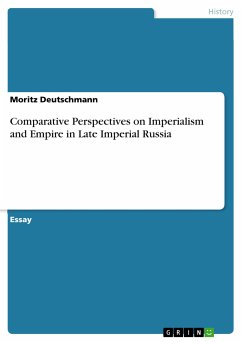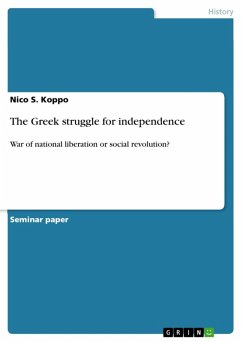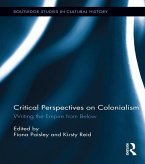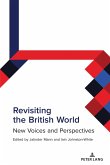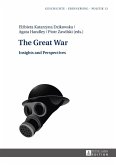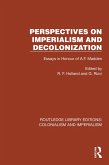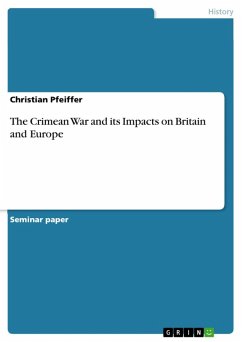Essay from the year 2009 in the subject History of Europe - Modern Times, Absolutism, Industrialization, European University Institute (Department of History, Florenz), language: English, abstract: There are few topics that have been as present in post-Soviet histories as empire and its aftermath. Tales of century-long Russia oppression have become core elements of many historical narratives in the former Soviet republics. In Western European scholarship concepts from imperial history and post-colonial studies have had a big influence on the historiography of Russia and the Soviet Union. However, these are recent phenomena: in most histories of Russia, written in Russia or the Soviet Union itself as well as in the West before 1991, empire has been left out to an astonishing degree. Only for the Soviet Union the so-called "nationality question" was a larger topic, appearing in Soviet praise for the "friendship of the peoples" or condemnation of "anti-Soviet nationalism" and "Great-Russian chauvinism". This essay picks up on some of these issues and looks at how various scholars interested in the imperial aspects of Russian history have put them into a comparative perspective. Although the number of works is still limited, especially compared to the huge number of studies on different Western European empires, it is possible to draw some general conclusions. This will also be helpful in considering to what extent Russian experiences could reflect back on more general theories of empire or post-colonial studies.
Dieser Download kann aus rechtlichen Gründen nur mit Rechnungsadresse in A, B, BG, CY, CZ, D, DK, EW, E, FIN, F, GR, HR, H, IRL, I, LT, L, LR, M, NL, PL, P, R, S, SLO, SK ausgeliefert werden.

